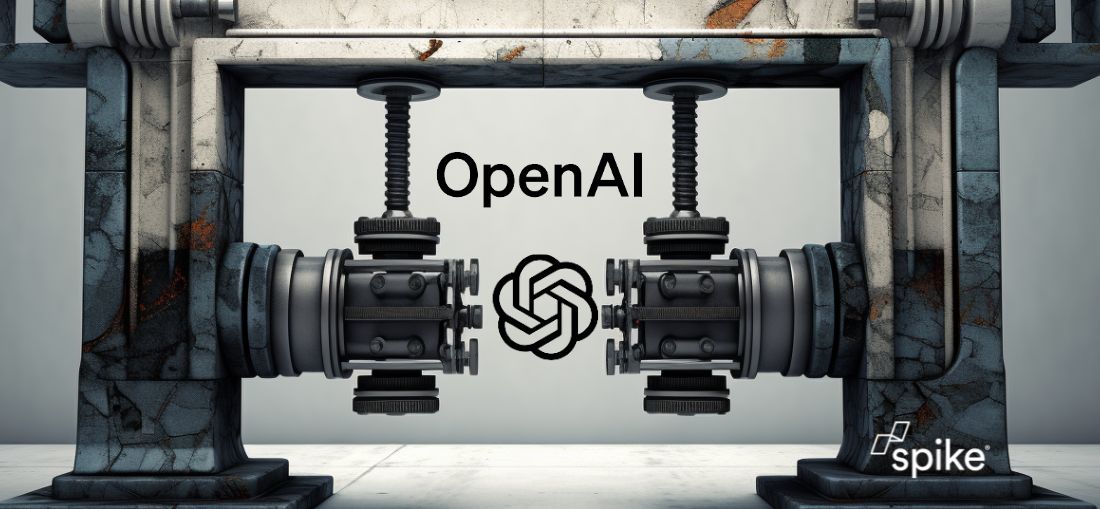Microsoft’s significant investment in OpenAI, a ChatGPT developer, may undergo scrutiny by the European Union (EU) as officials consider whether it falls under the reviewable scope of merger regulations.
Microsoft is the largest minority investor in OpenAI Global LLC, a subsidiary controlled by OpenAI Inc, the non-profit majority owner. While Microsoft’s investment, delivered as cloud-computing credits and cash, technically does not grant it control over the company, the potential for a 100-times return on capital raises concerns.
The European Commission announced on Tuesday that it is investigating whether Microsoft’s investment in OpenAI complies with EU merger regulations.
This follows a contentious period for OpenAI, during which CEO Sam Altman was briefly ousted and later reinstated in a power struggle with the non-profit’s board. Microsoft played a notable role in the dispute, offering Altman and other OpenAI staff positions within its organization, despite lacking legal influence over the outcome.
The unique corporate structure of OpenAI drew attention when Microsoft’s involvement was initially described as that of a “minority owner,” later updated to “minority economic interest.” In December, the UK’s Competition and Markets Authority began gathering information about the specifics of the relationship between Microsoft and OpenAI.
The EU’s broader investigation into AI and virtual worlds encompasses an examination of agreements between major digital market players and generative AI developers to assess their impact on market dynamics.
Dragoș Tudorache, an MEP and lead on the European Parliament’s artificial intelligence committee, has emphasised the importance of avoiding mistakes made in the 2000s, where emerging tech companies dominated the market without effective regulation.
Why is this important?
Simultaneously, OpenAI is also facing additional legal challenges related to the content used to train its AI models. The company stated that tools like ChatGPT cannot be developed without access to copyrighted material.
OpenAI’s submission to the House of Lords communications and digital select committee highlighted the impossibility of training leading AI models without incorporating copyrighted materials, which cover a wide range of human expressions. The New York Times has sued both OpenAI and Microsoft, accusing them of “unlawful use” of its work to create AI products.
OpenAI continues to defend its use of copyrighted material, asserting that limiting training data to out-of-copyright content would result in inadequate AI systems.
The company contended that, legally, copyright law does not prohibit training and that it supports journalism while deeming the New York Times lawsuit without merit. Numerous legal complaints, including one from prominent authors like John Grisham and George RR Martin, have been filed against OpenAI, alleging “systematic theft on a mass scale.” The legal defense often relies on the concept of “fair use” under copyright law.
Author spike.digital